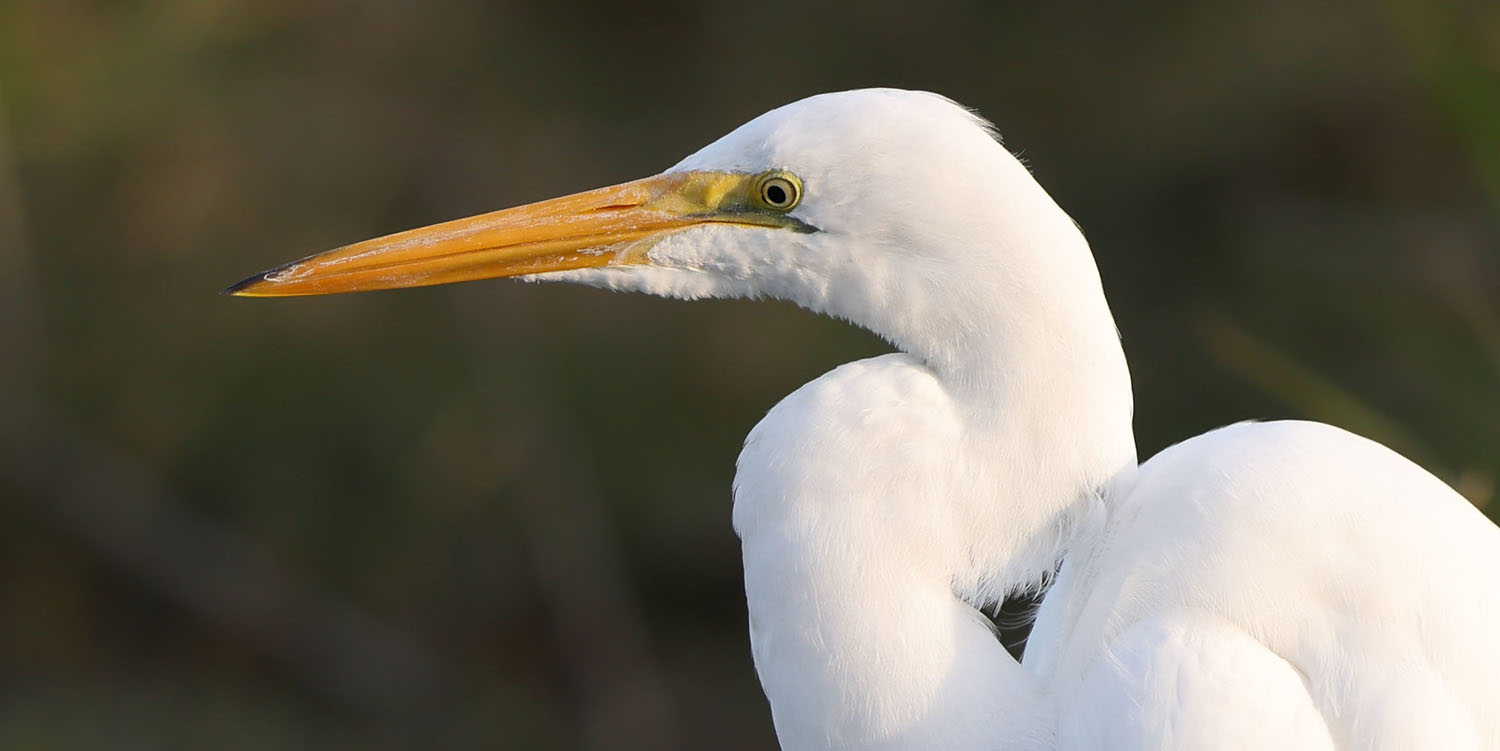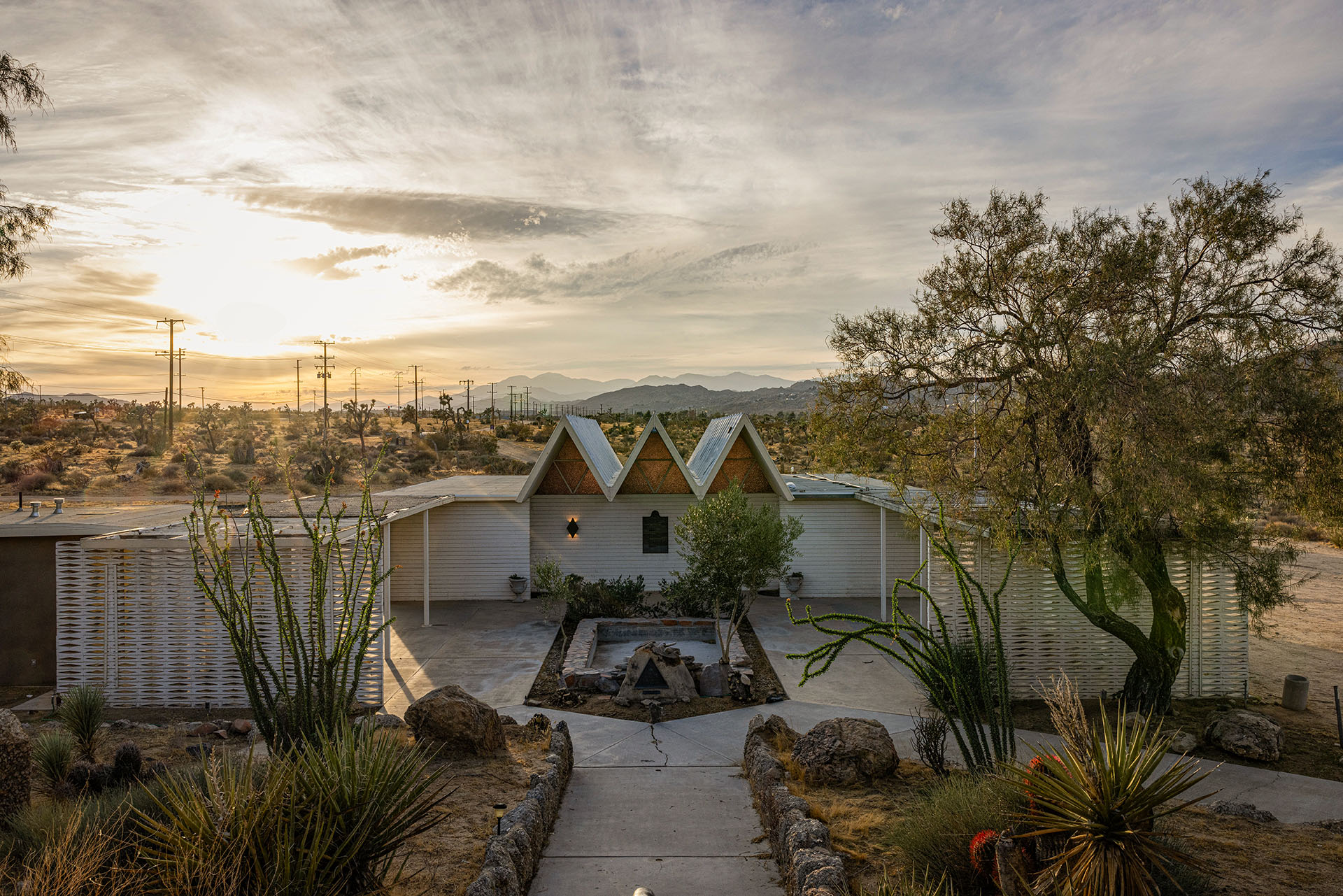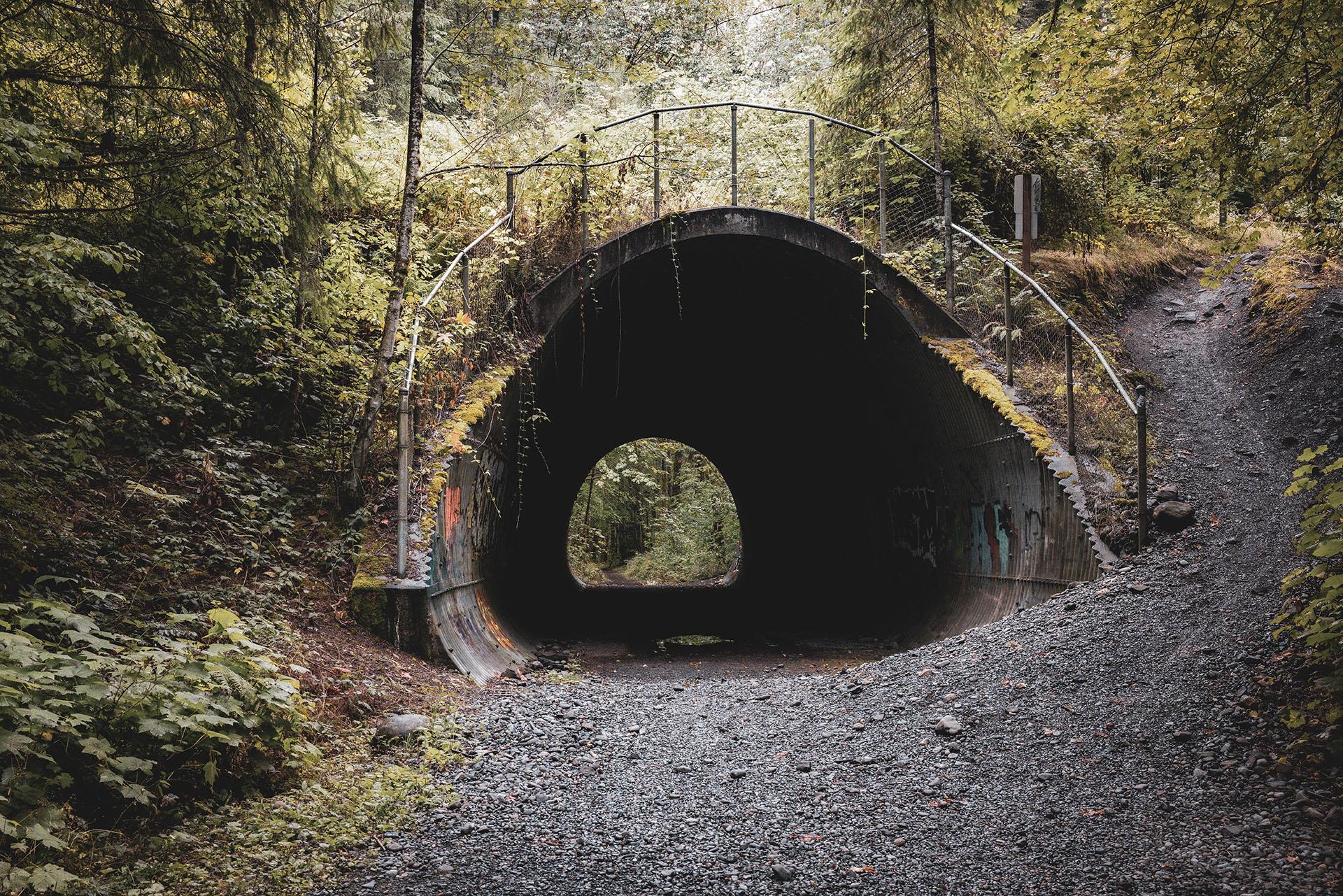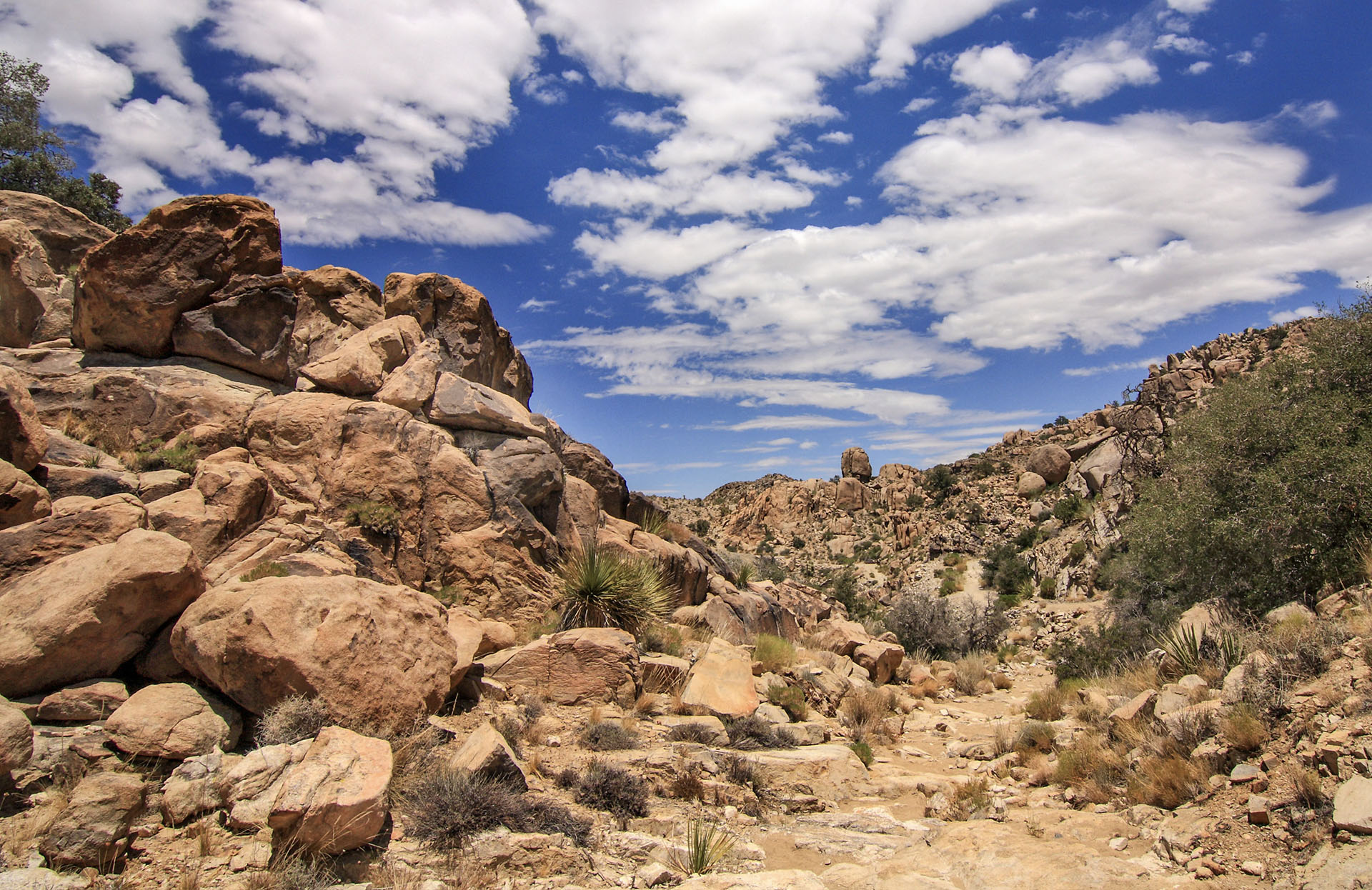Despite living in Orange County, Florida for several years, I had never visited the hidden Florida wildlife gem known as the Lake Apopka Wildlife Drive until January 2023. During that month, I made two visits to this birding paradise to discover Florida’s natural beauty.
WHAT IS LAKE APOPKA WILDLIFE DRIVE?

In 2015, the St. Johns River Water Management District opened the Lake Apopka Wildlife Drive to the public. This free 11-mile drive through waterways and dirt roads offers beautiful views of Florida’s natural landscape. The one-way trek begins at Lust Road and ends on Jones Road in Orange County, Florida. It’s also a birding paradise with more than 370 birds spotted throughout the land! According to officials, nearly 170,000 visitors a year enjoy exploring the drive.

The area was once a part of Lake Apopka before the 20,000-acre Lake Apopka North Shore was diked off and drained for agriculture in the 1940s. The St. Johns River Water Management District acquired several farms on the land between 1996 to 2001. Through their restoration work, the District improved and protected water quality throughout the area and returned the landscape to its natural beauty.

You can still find remnants of the agricultural past during the drive such as the historic pump house. Today, the district has used the pumps to help maintain water levels in the wetlands.

People can visit the drive on days the District is not performing restoration work. The entrance gate is open for car traffic between 7 a.m. and 3 p.m. on Fridays, Saturdays, Sundays and federal holidays. All vehicle traffic must exit the drive by 5 p.m. Visitors can also hike or bike the 18-mile Lake Apopka Loop Trail on any day of the week. The District’s website offers more details including an audio tour.
VISITING LAKE APOPKA WILDLIFE DRIVE

I first visited Lake Apopka Wildlife Drive with my Leadership West Orange class, part of the West Orange Chamber of Commerce, on January 11, 2023. We traveled by an oversize jeep throughout the area. During that day, there were numerous alligators hanging out on and along side the road. I only had my iPhone 14 Pro the day we visited but I knew I needed to return with my Canon EOS R5.

On a brisk Saturday morning, I drove up to the reserve and parked my car near the entrance. With the sun rising over the flat landscape, I captured this wide-angle shot using my 15-35mm lens. After living in Florida for two and a half decades, I’ve learned to appreciate the magnificent big skies. Growing up in Ohio, the sky always seemed so close to the ground. In the Sunshine State, the skies stretch for miles toward the heavens.

It didn’t take long to spot my first bird – a Blue-winged teal duck. Yet I had no idea what I was photographing at the time. I’ve never been a birder. Funny enough, while taking photographs that day, I had another visitor from Canada ask me what birds I saw. “The ones with wings,” I jokingly replied. Thankfully, internet image searches provided the names of what I shot that morning.

Further down the trail, I found a Great Cormorant gliding through the water. Since getting my Canon EOS R5 in May 2021, I’ve been impressed with the ability to crop images while maintaining quality and details. I used my 70-200mm lens to take this photo. Cropping the image revealed more details like the water beads covering the bird’s body.

My impetus for visiting the Wildlife Drive that morning was a result of watching YouTube videos by Canadian wildlife photographer Simon d’Entremont. I discovered his channel in summer 2022 and was inspired to try my hand at capturing wildlife. I really enjoy his delivery and insights about photography. Plus he is a fellow Canon camera enthusiast (and now a Canon Ambassador). If you are just starting out in photography, check out his basic guides that are incredibly helpful.

My 70-200mm lens is great but I would like to return with a longer focal length lens like Simon uses. I can imagine I could capture even better details on these beautiful creatures.

I eventually returned to my car and drove to the historic pump house location. There I saw an Osprey circling the landscape looking for it’s next meal. The image above is severely cropped from the original yet I loved seeing the talons and wings outstretched (this is where that longer focal length lens would have been useful).

By the historic pump house, I saw several Great Blue Herons. One was standing in the marsh looking onto the water.

Another one was found on the shore of the small lake. I admire this bird’s ability to stand motionless for long stretches of time. It’s something I need to practice more – just being still.
You can view even more photos from this wildlife adventure on my Flickr account: https://www.flickr.com/photos/aloha75/albums/72177720305593655/



